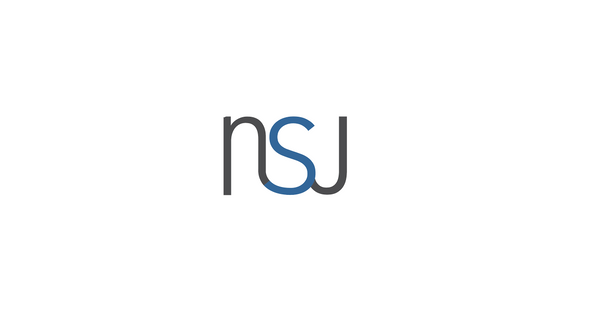Description
OGG1 Antibody | V7991SAF-100UG | Gentaur US, UK & Europe Disrtribition
Family: Primary antibody
Formulation: 1 mg/ml in 1X PBS; BSA free, sodium azide free
Format: Purified
Clone: CPTC-OGG1-1
Host Animal: Mouse
Clonality: Monoclonal (mouse origin)
Species Reactivity: Human
Application: IHC-P
Buffer: N/A
Limitation: This OGG1 antibody is available for research use only.
Purity: Protein G affinity chromatography
Description: 8-oxoguanine (8-oxoG), an oxidized form of guanine, is produced by reactive oxygen species in both DNA and nucleotide pools during normal aging. Accumulation of 8-oxoG increases the occurrence of A:T to C:G or G:C to T:A transversionmutations, because 8-oxoG forms a stable basepair with adenine as well as with cytosine. OGG1 (for 8-oxoG DNA glycosylase), also designated MMH, is a DNA repair enzyme that corrects these mutations. Inactivation of the OGG1 gene leads to a mutator phenotype, characterized by the increase in G:C to T:A transversions. The OGG1 gene encodes eight isoforms (OGG1A-C, OGG2A-E) which result from alternative splicing of a single messenger RNA. The OGG1A splice variant is the most prevalent form and localizes to the nucleus, whereas the OGG2A splice variant is targeted to the mitochondria. Guanine is the main target for reactive oxygen species in DNA, and 8-oxoguanine is the most frequent base lesion. Therefore, formation of 8-oxoguanine is an important biomarker of oxidative damage to DNA. It is primarily repaired by the DNA glycosylase OGG1. Furthermore, defects in OGG1 may be a cause of renal cell carcinoma.
Immunogen: A recombinant full-length human protein was used as the immunogen for this OGG1 antibody.
Storage: Store the OGG1 antibody at 2-8oC (with azide) or aliquot and store at -20 °C or colder (without azide).






